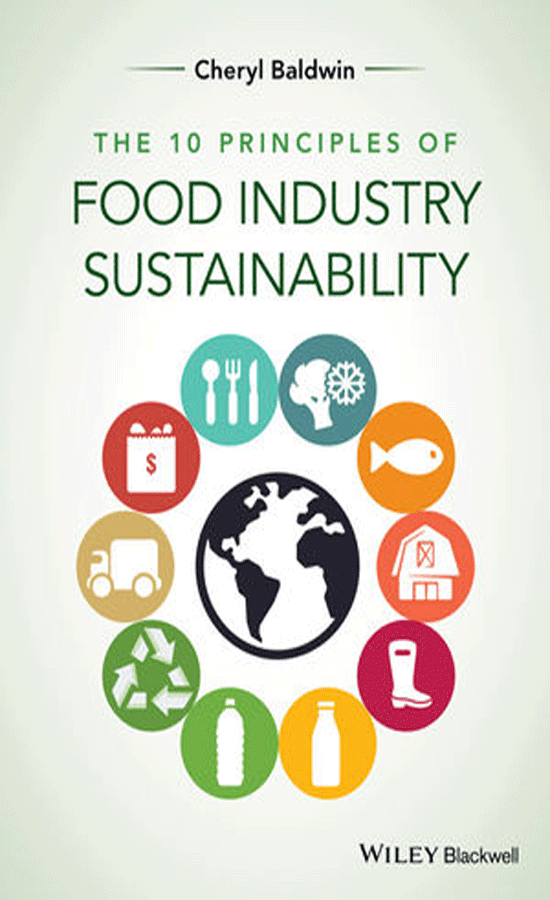What makes food news and information credible? New CFI research shows that truth is relative
When it comes to the credibility of food news and information, truth is relative, according to new research from The Center for Food Integrity (CFI). The study identified five consumer segments, how each defines truth and how food news and information move through culture. It provides the food and agriculture industries insights into which segments are driving food trends and how – and where – to connect with them to earn trust.
“In its first-of-its-kind research, we used an innovative approach called digital ethnography to determine what constitutes ‘truth’ and why certain ideas get fleeting mentions while others turn into meaningful food movements” said Charlie Arnot, CEO of CFI. “Certain consumer segments are creating food culture by influencing the information that’s shared and embraced.”
Through digital ethnography, CFI observed 8,500 consumers online across multiple social channels. Going back two years, the study forensically examined their behaviors, identifying beliefs, values, fears and unspoken motivations when it comes to food information.
“It’s like following digital breadcrumbs that leave a trail showing what consumers actually do, not just what they say they do,” said Arnot. “Results revealed that truth isn’t black and white in the minds of consumers.”
Credibility of information is tied to each segment's relationship to truth. It spans a spectrum ranging from the Scientific, who defines truth as objective, evidence-based science, to the Existentialist who defines it as “what feels true.”
The Scientifics have difficulty relating to mainstream consumers so their influence extends only as far as the next segment, the Philosopher, who takes the evidence-based science, simplifies it and filters it through an ethical lens.
“It’s the ethics, or in other words the values, around the issue that provide meaning to the Philosopher, who wants to be on the right side of morality when it comes to people, animals, the planet and more,” said Arnot.
The Philosopher has considerable influence on the middle, and largest consumer segment, the Follower. Representing 39 percent of the population, Followers fear making the wrong decision for themselves and their families when it comes to food. They want to easy-to-understand, unambiguous answers to their questions, and assurances that they’re doing the right thing, which Philosophers provide.
More importantly, they value trusted sources they can relate to. That’s where shared values, or the ethics, that drive our beliefs, decisions and opinions are critical, said Arnot.
“Communicating with values that others share, or can relate to, is the key to earning trust, according to our CFI trust model,” he said. “In fact, the model shows that communicating with shared values is three-to-five times more important to earning trust than simply sharing facts. That’s why the objective information shared by Scientifics doesn't resonate with others.”
“The opportunity for the food industry to earn trust is consistent and long-term values-based engagement with Philosophers and Followers. A rational argument grounded in ethics is their truth,” said Arnot.
It’s important to them to go beyond the facts and understand how the food industry cares about what they value when it comes to topics like food production, the impact of food on health, animal well-being and care of the environment, said Arnot.
Download a summary of the research at www.foodintegrity.org. To learn more about digital ethnography segmentation and how to apply the research, contact CFI at learnmore@foodintegrity.org.
Source: Center for Food Integrity
Looking for a reprint of this article?
From high-res PDFs to custom plaques, order your copy today!







